officialese: interrogation room
Installation, 390 x 123 cm


officialese
Cambridge Dictionary defines officialese as “the type of language, often used in government documents, that is formal and often difficult to understand”. For me, officialese stands for a language shield built to protect the status quo.
status quo
statü ko
statüko
the way things are
mevcut durum

the way things are
called, officially.
mevcut durum
the way official languages create violence,
assimilate, discriminate against the speakers of the non-
the official and the non-
the everlasting binary

violence and non-violence
non-violent public space
non-violent public space
İstiklal Caddesi
İstiklal Avenue, İstanbul
istiklal, freedom, independence, liberty
A walk from Taksim Gezi Park to Tünel
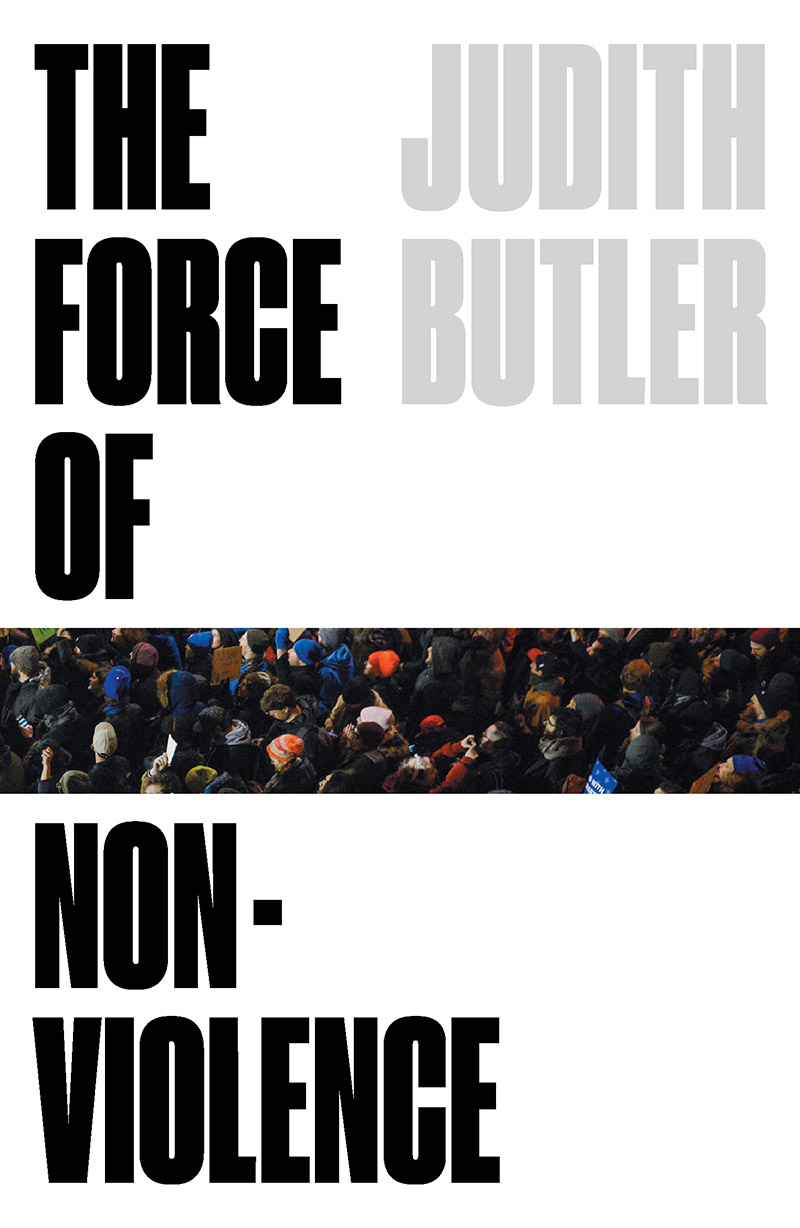
06042022
Reading The Force of Non-Violence by Judith Butler with the School of Commons, we imagined how a non-violent public space would sound and look like.
Reading The Force of Non-Violence by Judith Butler with the School of Commons, we imagined how a non-violent public space would sound and look like.
… when the world presents as a force field of violence, the task of nonviolence is to find ways of living and acting in that world such that violence is checked or ameliorated, or its direction turned, precisely at moments when it seems to saturate that world and offer no way out. The body can be the vector of that turn, but so too can discourse, collective practices, infrastructures, and institutions.
Judith Butler (2020). The Force of Non-Violence. Verso Books. page: 10

the body and discourse to find a way out
walking collectively, sharing the personal in public
walking from Taksim Gezi Park to Tünel
reading Judith Butler while listening to the sounds of İstiklal
… the ethical stand of nonviolence has to be linked to a commitment to radical equality. And more specifically, the practice of nonviolence requires an opposition to biopolitical forms of racism and war logics that regularly distinguish lives worth safeguarding from those that are not – populations conceived as collateral damage, or as obstructions to policy and military aims. Further, we have to consider how a tacit war logic enters into the biopolitical management of populations: if the migrants come, they will destroy us, or they will destroy culture, or they will destroy Europe or the UK. This conviction then licences violent destruction – or the slower death-in-life of detention camps – against the population that is phantasmatically construed as the locus of destruction. According to that war logic, it is a matter of choosing between the lives of refugees and the lives of those who claim the right to be defended against the refugees. In such instances, a racist and paranoid version of self-defence authorizes the destruction of another population.
Judith Butler (2020). The Force of Non-Violence. Verso Books. page: 62
1928
the migrants will destroy Turkey
the migrants will destroy Turkish
citizen, speak Turkish
all competent authorities
the migrants will destroy the UK
the migrants will destroy Switzerland
the migrants will destroy Turkey
the migrants will destroy Turkish
citizen, speak Turkish
all competent authorities
the migrants will destroy the UK
the migrants will destroy Switzerland
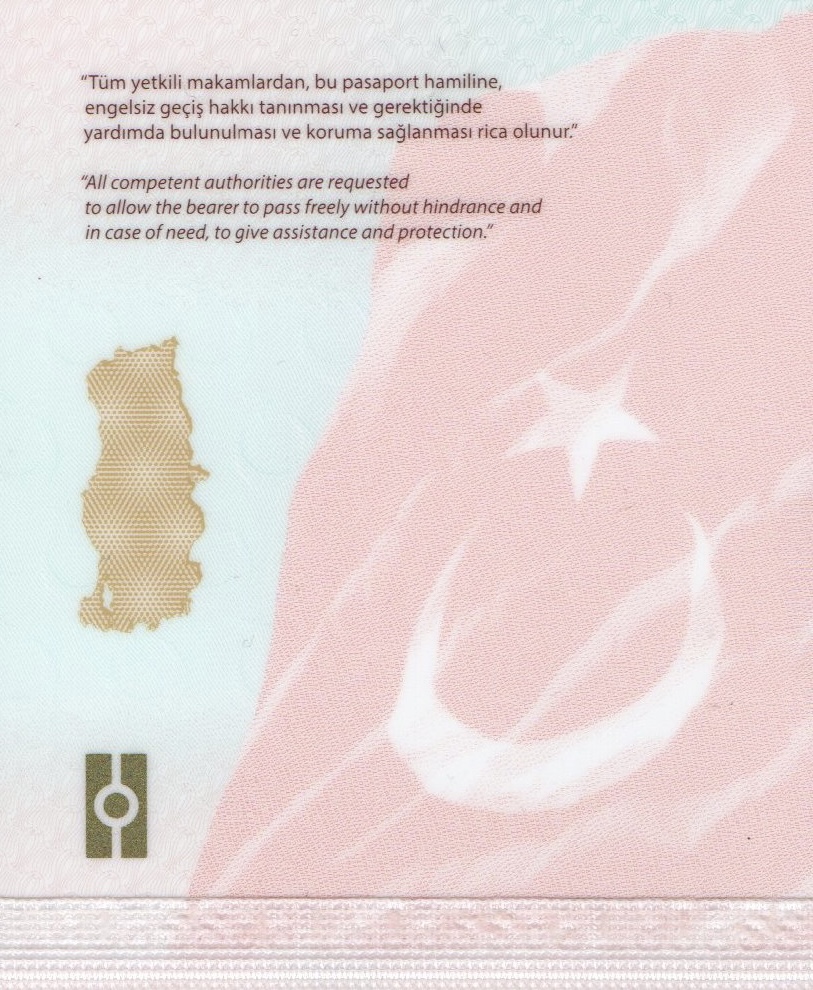
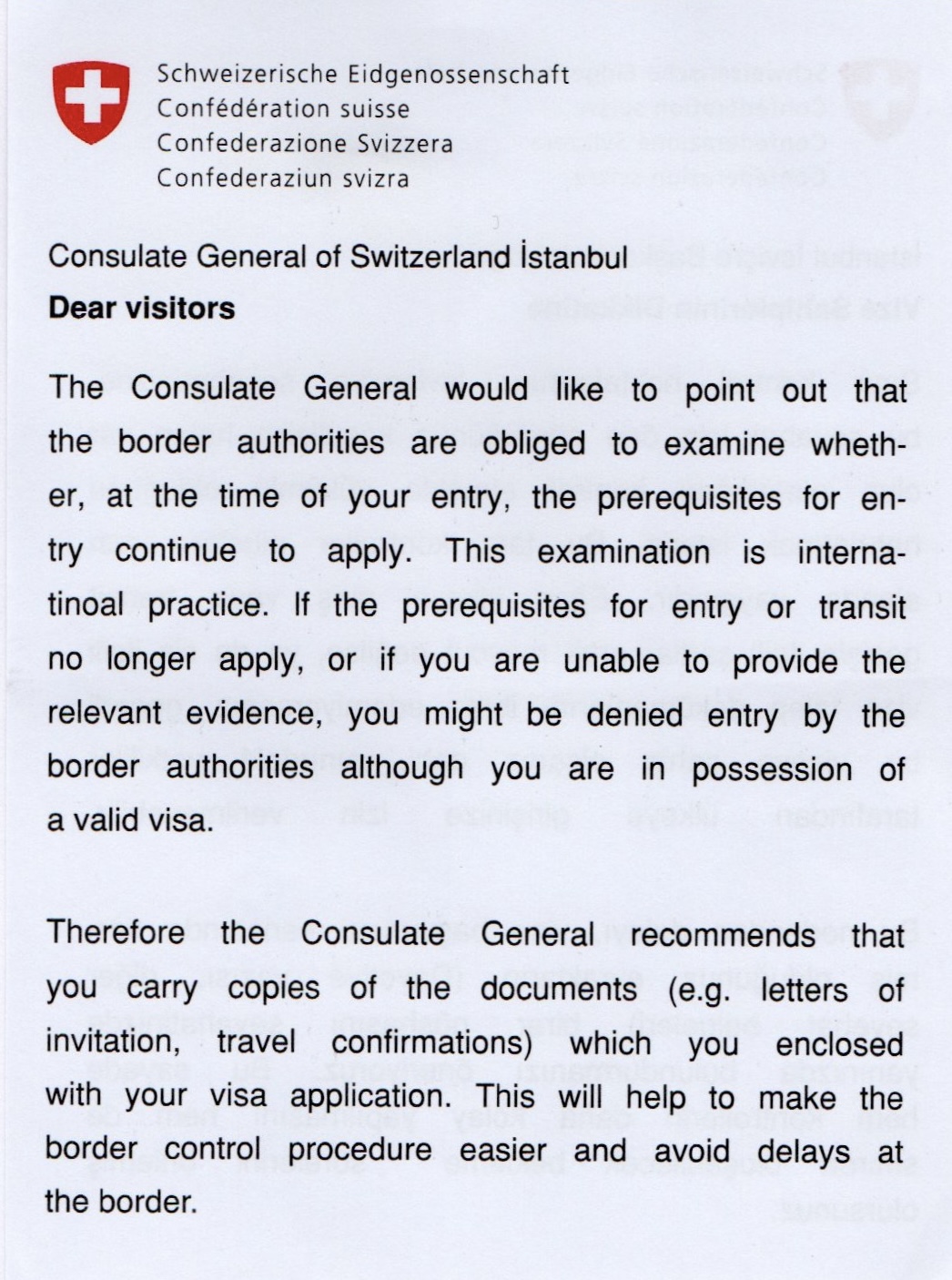
Contemporary European racism perhaps takes different forms, but the efforts to block migrants to Europe are in part rooted in the desire to keep Europe white, to safeguard a nationality that is imagined to be pure. It hardly matters that Europe has never been exclusively white, since the idea of European whiteness is a fantasy that seeks to be realized at the expense of a living population that includes people from North Africa, Turkey, and the Middle East. … The thousands of migrants who have lost their lives in the Mediterranean are precisely lives that are not deemed worthy of safeguarding. Those waters are monitored for the purposes of trade and maritime safety; there is often cell coverage. So, how many countries have to disavow responsibility in order for those people to be left to die? Even if we could track the decision not to send help to boats in distress to this or that functionary from a European government, we would not quite grasp the large-scale policy that effectively lets populations die, that would rather let them die than let them in. On the one hand, these are decisions, and we can track who is accountable for deciding in this way; on the other hand, the metric of grievability is built into these decisions in such a way that migrant populations are ungrievable from the start. We cannot lose those who cannot be grieved. They are treated as beyond losing, already lost, never living, never having been entitled to life.
Judith Butler (2020). The Force of Non-Violence. Verso Books. page: 120-121
the metric of grievability
first generation immigrant
second generation immigrant
third generation immigrant
“biz kayıp jenerasyonuz, sizinle birlikte asimilasyon tamamlanmış olacak.”
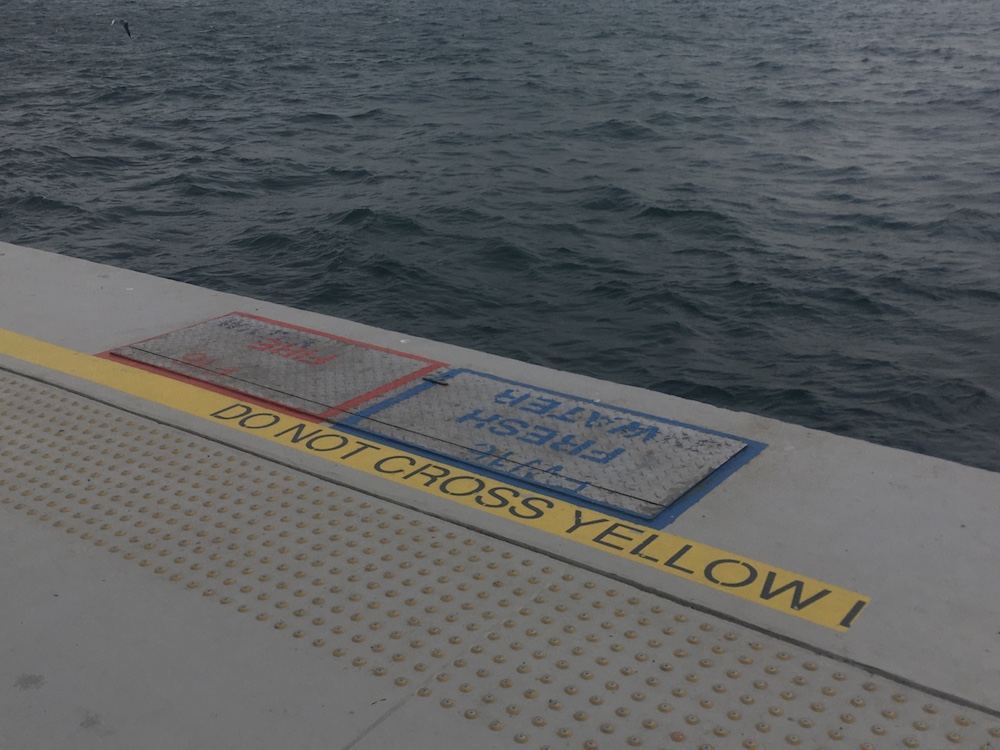
all competent authorities
vatandaş, türkçe konuş
citizen, speak turkish
A walk from Tünel to Taksim Gezi Park
Songs playing along the walk.
Censorship lingered in the beginning. As I listened to the walk towards Taksim Gezi Park I was thinking about the way Zoom’s sound processor determines what sound to filter and what sound to keep - the sounds on the street seem to fight to pass through the filter. Admittedly this makes/made me frustrated, and then in turn elated when I caught the violin/string instrument being played loud and clear, as if it was shouting joy loud enough to surpass the censorship. And then looping back to where “censorship” first occurs, it is in the context of a group of people protesting censorship - but it lingered in this context for me as a state/media portrayal as protest as “mob”, or protestors as “violent”, or protest as “terrorism”, which is a further censorship of (non-violent) purpose and a sure-fire way to censor the message of the protestors. So the little voices that come through the digitized silence make me think of what I’m missing, what’s being held from me based on my position in relation to the site I’m accessing (remotely, digitally, via zoom, via bluetooth headphone speakers or similar.
I am thinking about the relation between the words, violence, self and self defense. On what forms of violence are permissable and grievability, on the apportion, distribution and narratives that construct the value of a life. It makes me think about the state, the market, and the sanctioned forms of violence that we are allowed to do to ourselves, to work to levels of illness, that harm ourselves physically, emotionally, socially and psychically. That we have permissable forms of violence that the law protects, and labour laws and economic conditions which at the same time allow us to routinely commit a violence to ourselves, to not permit us to act in defense, of our selves, our lives, and to value our time.
all competent authorities
vatandaş, türkçe konuş
citizen, speak turkish
Граѓанин, зборувај Турски!
face recognition: bizden değilsin
face recognition: you don’t look Turkish
“Citizen, Speak Turkish!” campaign ... promoted the speaking of the Turkish language in public. The campaign aimed to eradicate the public visibility and audibility of non-Turkish languages and it was one of the important initiatives of the Turkification attempts in the early years of the Turkish Republic. This campaign demonstrates that it is not the state alone that defines and promotes a national identity, but social actors outside the state also actively contribute to the creation and dissemination of this identity in tense alliances with the state.
Senem Aslan (2007) “Citizen, Speak Turkish!”: A Nation in the Making, Nationalism and Ethnic Politics, 13:2, 245-272, DOI: 10.1080/13537110701293500
ailemi anadilinden ayıran benim anadilim
1928, İzmir
1955-1960, İzmir
1990, İzmir
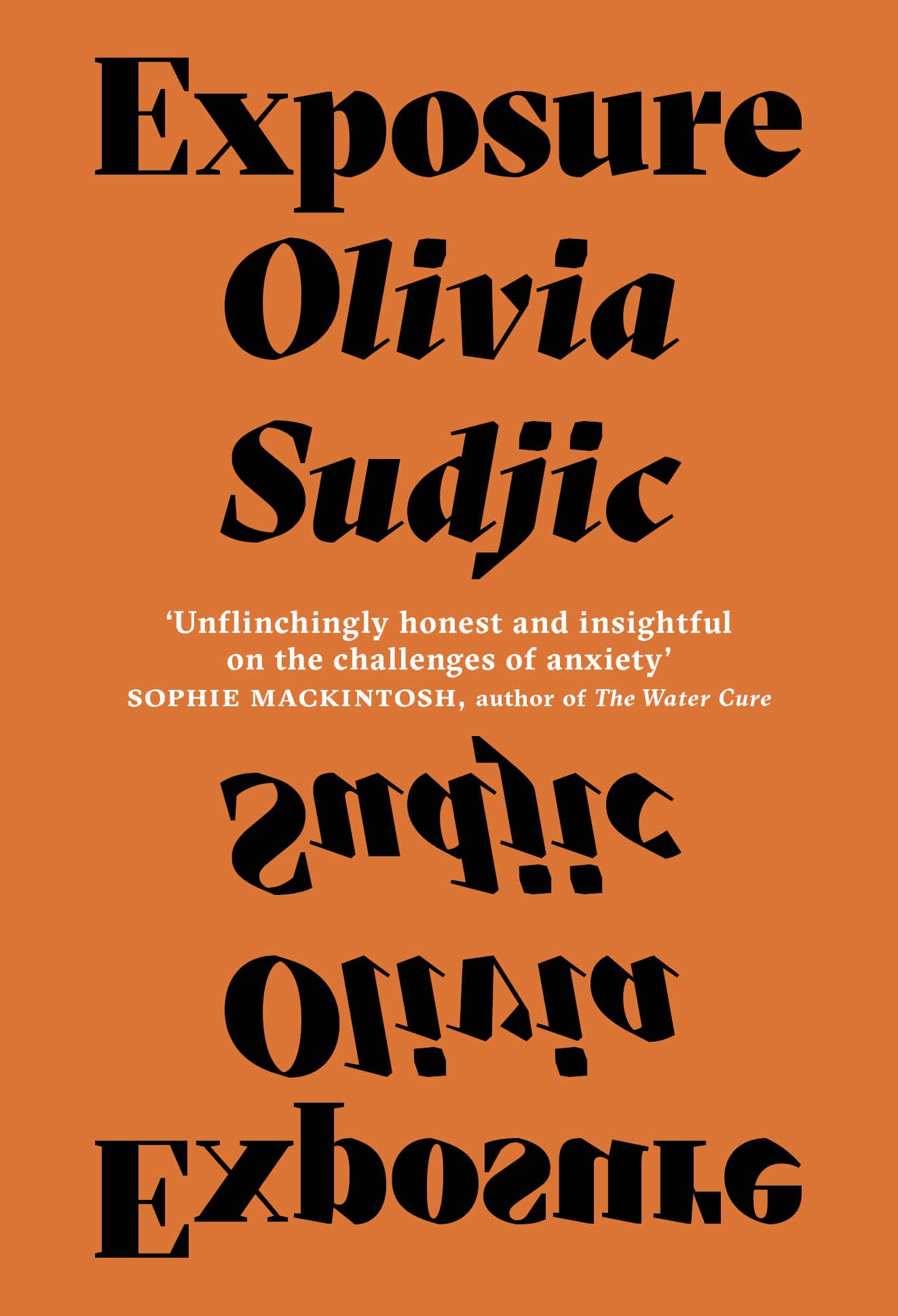
Even with the most autobiographical details included, the second a story moves from the mind to the page, through the filters of memory and language, it becomes –however personal – fiction.
Olivia Sudjic (2018). Exposure. Peninsula Press. Page: 97
kendi deneyiminden yola çıkar, yolunun kesiştiği kişilerin anlatıları ile zenginleşir.

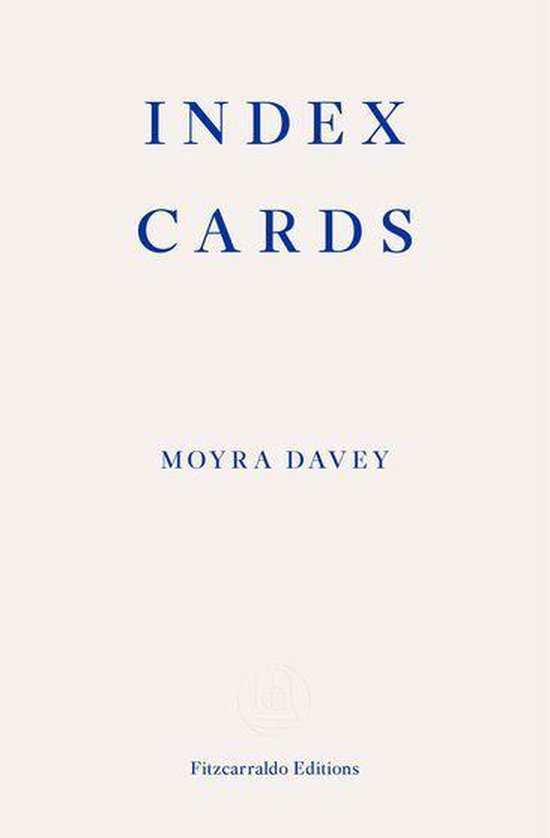
7/27/10
Begin to doubt the Wet. Why would I want this stuff made public?
An old stumble: exposing the abject.
This temptation goes way back.
Moyra Davey (2020). Index Cards. Fitzcarraldo Editions. Page: 27
112022
As the last sentence of the section, add
[The name of the work] is an autofiction
No punctuation as in Moyra Davey’s Fifty Minutes is a work of autofiction
This installation is based on real events.
This installation is a work of autofiction
As the last sentence of the section, add
[The name of the work] is an autofiction
No punctuation as in Moyra Davey’s Fifty Minutes is a work of autofiction
This installation is based on real events.
This installation is a work of autofiction
officialese explores the ways in which official languages become a tool to protect the ways things are. The work looks at how official languages create violence, assimilate and discriminate against the speakers of non-official languages. The installation presents a work-in-progress research based on real and fictional uses of official languages, in state and social level, in and outside the artworlds.
The installation at Kunstraum ZHDK presents notes, readings, annotations and images from the officialese lab and its collaborators. The documentation of the research and in-situ contributions are presented online at betulaksu.com/officialese as they happen between November 26th – December 6th, 2022. Following the exhibition, there will be a publication about the personal, anonymous and collective stories shared throughout the research.
As part of IF IT IS A GARDEN THAT HAS BECOME A WILDERNESS by the School of Commons.
The installation at Kunstraum ZHDK presents notes, readings, annotations and images from the officialese lab and its collaborators. The documentation of the research and in-situ contributions are presented online at betulaksu.com/officialese as they happen between November 26th – December 6th, 2022. Following the exhibition, there will be a publication about the personal, anonymous and collective stories shared throughout the research.
As part of IF IT IS A GARDEN THAT HAS BECOME A WILDERNESS by the School of Commons.
officialese is based on real events
officialese is a work of autofiction
Resmi dillerin devlet ve toplum aracılığıyla ürettiği şiddeti inceler.
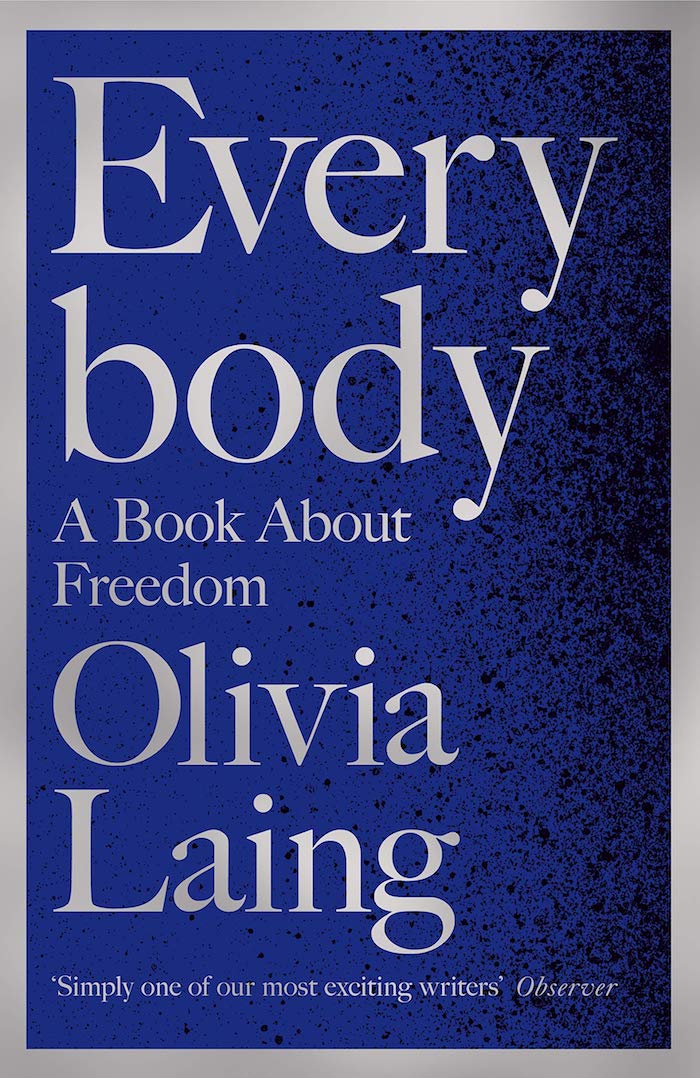
To be born at all is to be situated in a network of relations with other people, and furthermore to find oneself forcibly inserted into linguistic categories that might seem natural and inevitable but are socially constructed and rigorously policed. We’re all stuck in our bodies, meaning stuck inside a grid of conflicting ideas about what those bodies mean, what they’re capable of and what they’re allowed or forbidden to do. We’re not just individuals, hungry and mortal, but also representative types, subject to expectations, demands, prohibitions and punishments that vary enormously according to the kind of body we find ourselves inhabiting. Freedom isn’t simply a matter of indulging all material cravings, Sade-style. It’s also about finding ways to live without being hampered, hobbled, damaged or actively destroyed by a constant reinforcement of ideas about what is permitted for the category of body to which you’ve been assigned.
Olivia Laing (2021). Everybody, A Book About Freedom. Picador. Page: 179
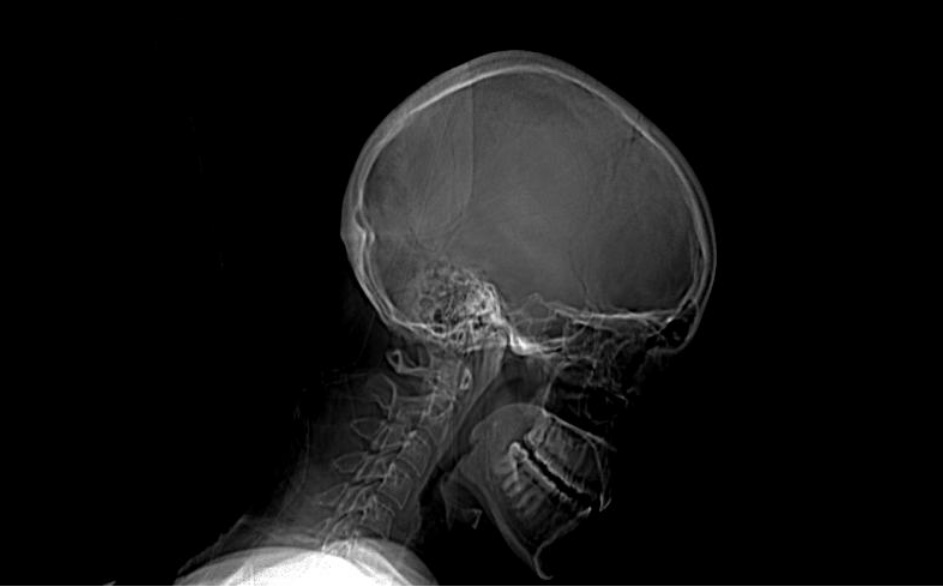
Hello, my name is Betül. Hah, no, not me too. Oh no, not beetroot, Betül. Oh no no no, not meth, Betül.
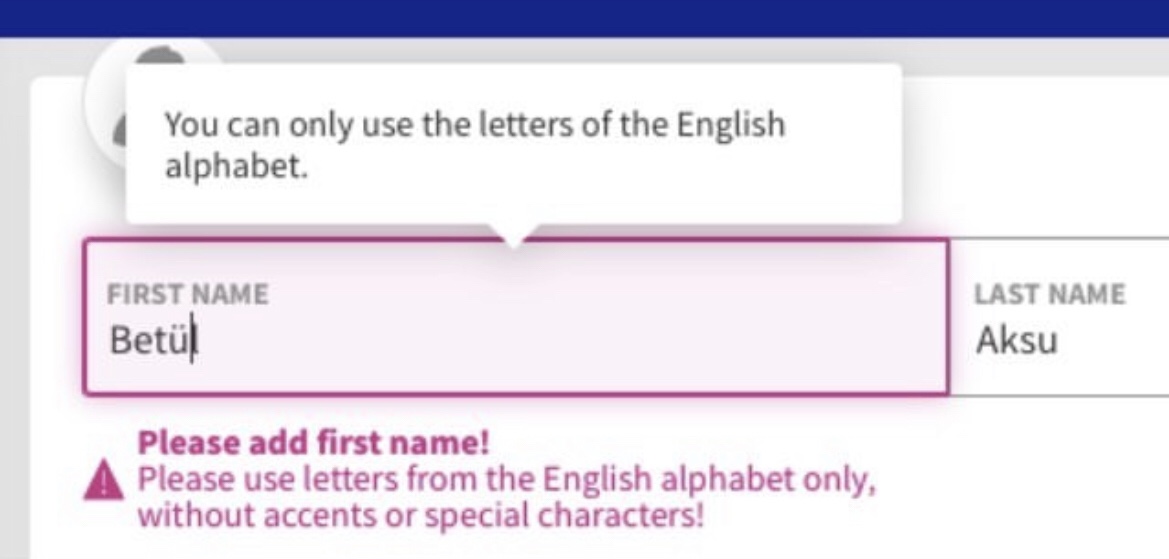
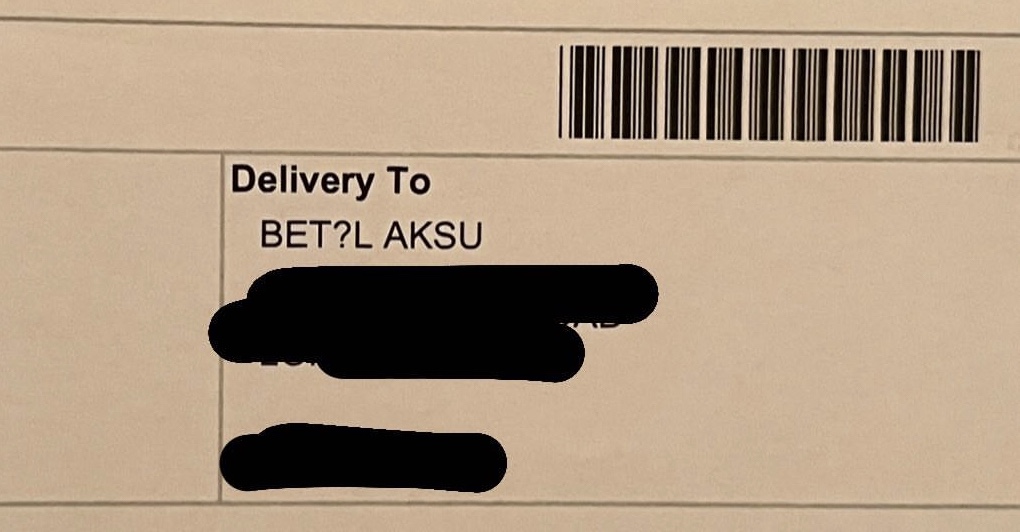
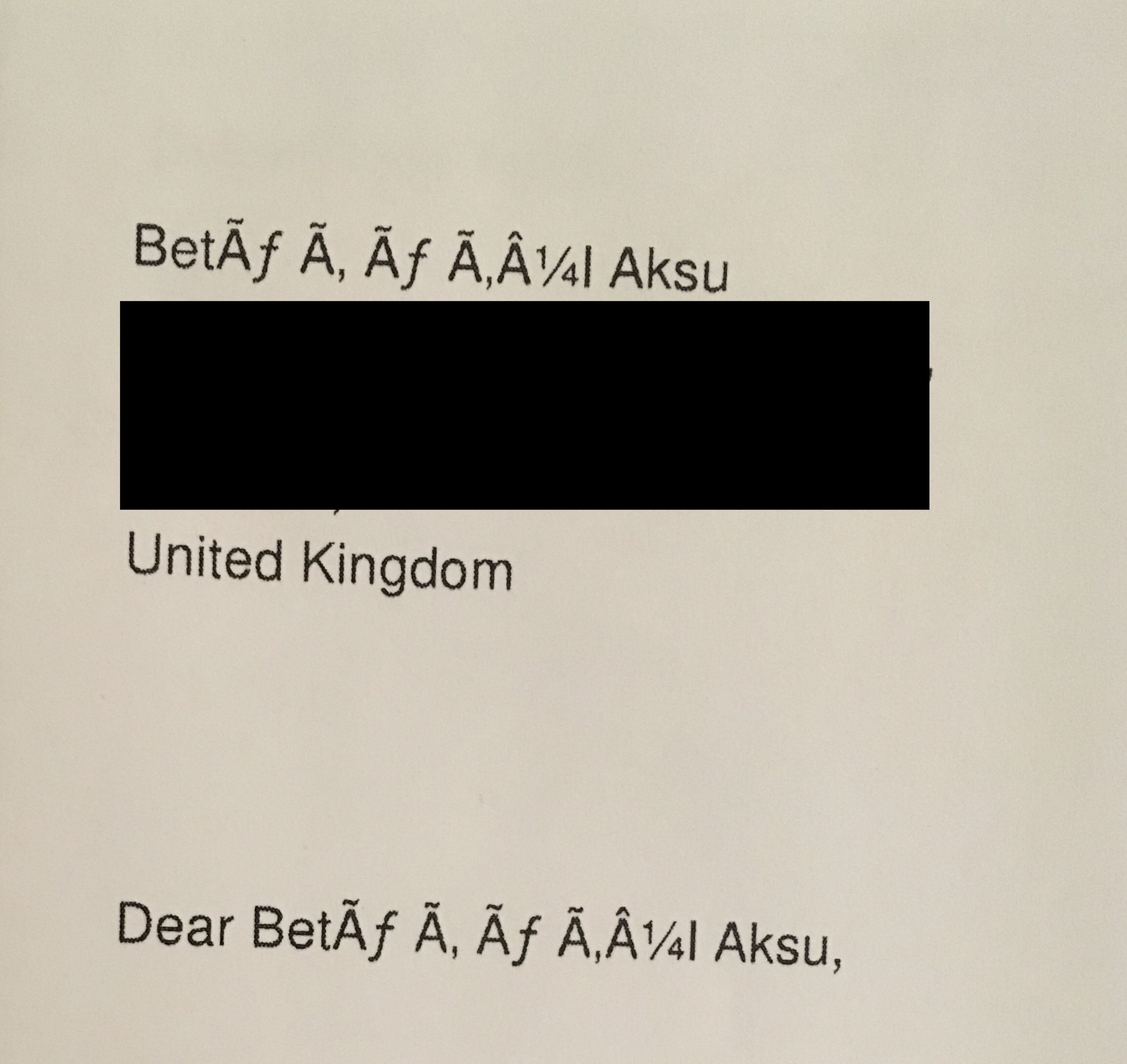

everything the letter ü had to go through
somewhere in between the banality of the evil (Hannah Arendt) and the force of non-violence (Judith Butler)
In 1928 a local newspaper of Izmir in Turkey wrote: “Citizen, do not make friends with or shop from those so-called Turkish citizens who do not speak Turkish.”
Senem Aslan (2007) “Citizen, Speak Turkish!”: A Nation in the Making, Nationalism and Ethnic Politics, 13:2, 245-272, DOI: 10.1080/13537110701293500
1928. Around 30 years before my family immigrated to İzmir
from Gorno Vranovci, Yugoslavia, in today’s North Macedonia
Yugoslavia, Macedonia, North Macedonia
Ottoman Empire, Republic of Turkey
United Kingdom, United Kingdom
a local newspaper
social actors supporting the state
social actors supporting the state
Ben burdayım, tarih nerde?
Bir yerde kabul görme ya da görmemenin ne gibi tanımlar üzerinden gerçekleştiğini inceler.
If silence equals death, he taught us, then art equals language equals life.
Olivia Laing (2020). Funny Weather, Art in an Emergency. Picador. Page: 77
he, David Wojnarowicz

Güneşi farklı şehirlerde batırdığım günlerde
hissettiklerim, gördüklerim, dinlediklerim, okuduklarım, deneyimlediklerimin her biri kural-dışı bir pencereden içeri girip döngüsel bir ışık altında birleşti.

I was going to die, if not sooner then later, whether or not I had ever spoken myself. My silences had not protected me. Your silence will not protect you. But for every real word spoken, for every attempt I had ever made to speak those truths for which I’m still seeking, I had made contact with other women while we examined the words to fit a world in which we all believed, bridging our differences. And it was the concern and caring of all those women which gave me strength and enabled me to scrutinise the essentials of my living.
Audre Lorde (2017).Your Silence Will Not Protect You, The Transformation of Silence into Language and Action. Silver Press. Page: 2
022022
Anneannemin örgü ören elleri
Annemin nakış işleyen elleri
Yazı yazan ellerim
I think the weight of history abides in our private bodies. Each of us carries a legacy of personal and inherited trauma, operating within an unequal grid of rules and laws that depends upon the kind of body we were born into.
Olivia Laing (2021). Everybody, A Book About Freedom. Picador. Page: 308
062017
The many faces of Pluto. These collage portraits have no characteristic facial features; they do not represent the conventional face in any dimension. They seek meaning in others. I sometimes add features of buildings, of words, or of mere circular shapes as means of faces. These portraits represent not belonging to any earth-like place only because they are different in their facial-sizes. As an officially-third-generation immigrant, I associate myself with this series of collage work, as I am not sure to which country my face belongs to.
The many faces of Pluto. These collage portraits have no characteristic facial features; they do not represent the conventional face in any dimension. They seek meaning in others. I sometimes add features of buildings, of words, or of mere circular shapes as means of faces. These portraits represent not belonging to any earth-like place only because they are different in their facial-sizes. As an officially-third-generation immigrant, I associate myself with this series of collage work, as I am not sure to which country my face belongs to.
face recognition: bizden değilsin
face recognition: you don’t look Turkish
face recognition: you don’t look Turkish
today
My face belongs to me

Sometime in 2020, while constantly checking art open calls, I came across one called ‘After the Pandemic - Visions of Radical Renewal’. I submitted an application.
Title of the Proposed Work: Eligibility Criteria, an Instagram filter.
Short Description of Concept: A mode of production that I don't want to see coming back is the eligibility criteria for artists living in the UK. The current system doesn't allow non-EU artists living in the UK to be recognised as artists unless they are registered as a company or a freelancer. This criteria excludes many job-titles artists occasionally do, such as teaching at a school, doing research in a lab, giving workshops, giving one-off seminar talks etc. This disparity in eligibility became even more obvious after the government and Arts Council England released their Covid-19 support schemes. Non-EU artists, as bugs in the systems, were not eligible for the majority of the support although being stuck in the UK. I suggest a humorous systemic change in the decision making process for eligibility for future: Instagram Eligibility filter. After the pandemic, this face filter will be used to judge artists' eligibility for being an artist. Any artist who is in doubt of their official recognition can try the filter. The filter will show only one response: Eligible. By implementing such an efficient decision making process, the government will reduce its workload on document checking, and artists will gain UK-wide recognition just by showing their faces.
Place of Residence: E3 London
No, I didn’t get accepted. They responded saying that I wasn’t among the successfull applicants who received a commission, however they would be interested if I develop the idea further without a commission. I said no thanks to my radical vision, sacrificing free visibility.
Among the many dangers of such invisible processes, I can’t help wondering, why do application people need to know my full address? I even came across one open call that asked for an address registry form. It all comes down to the ‘we are funding X countries, Y cities’ criteria, isn’t it? Oh you the border police.
the border police and my radical vision
- What’s the purpose of your visit?
- I live here
- What’s the purpose of your visit?
- I’m doing a PhD at Queen Mary University of London
- What’s your PhD topic?
- What?
- What’s your PhD topic?
the UK border police asking me the topic of my PhD

my supervision committee is the Home Office
REMEMBER: read the book "How to get a PhD"
Hi Betül
Firstly, I am surprised that you are going to Venice at the end of the month - I don't recall you mentioning this to me.
Remember that you need to discuss travel/ vacations with me beforehand. See the EECS Research Student Handbook (from the MAT QMPlus) - I attached the part on attendance. This is important.
Dear Betül
I am sorry to say that after review of your Stage 3 and revised Study plan, and after discussion with your supervisory panel, the progression outcome from your Stage 3 review is: Transfer to MPhil as we felt that standard of work is insufficient for PhD level study.
I asked them to express their feelings, to comment on how my 4-year work is insufficient for PhD level study. They said it is not coherent. I asked them to give details, first they postponed, then they were very vague. I appealed against their vagueness, three white men working in the school of engineering and science in the UK.
status quo
statü ko
statüko
the way things are
this stage in-between, the Transfer to Mphil (transferring to Master of Philosophy degree, instead of a Doctor of Philosophy, PhD degree) reminds me of a Wikipedia entry I came across a while ago. Bon pour l’Orient.
Bon pour l'Orient (good enough for the Orient) is a French condescending term that refers to the stamps affixed in the 19th century to the diplomas of students coming from colonial or Ottoman territories. These students were subjected to a less intensive level of education in Western educational institutions and obtained degrees which despite being useless in Europe, were deemed good enough to secure employment in the colonies.[1]
In modern use, the phrase pejoratively describes practices which although unacceptable in advanced Western countries, might be thought appropriate for less developed countries.
[1] Harb, Zahera (2017). Reporting the Middle East: The Practice of News in the Twenty-First Century. I.B.Tauris. ISBN 1786721767
It is about the past.
It is about today.
I’m interested in past-oriented innovation.
Reading Ali Smith through Olivia Laing.
“The notion of a referendum is in any case a divisory line: you choose one side. Meanwhile, you’ve got the mass division of sixty-five million people crossing the world from parts of it which are untenable, unlivable and in flames. And what’s left of the world deciding whether or not to open the gates or the walls or to build more gates or walls. How could we live in the world and not put our hand across a divide? How can we live with ourselves? It isn’t either/or. It’s and/and/and. That’s what life is. ”
Olivia Laing (2020). Funny Weather, Art in an Emergency. Picador. Page: 164
Ali Smith’s and/and/and
Memed Erdener’s and & is..., is..., is...
Memed Erdener’s and & is..., is..., is...
Evrendeki tüm çeşitliliği kucaklayan: ve
Evreni daraltan: -dır, -dir, -dur, -dür, -tır, -tir, -tur, -tür.
Memed Erdener’in Ütopik Bürokratik adlı sergi kataloğundan, sayfa:28
What embraces the full diversity of the universe: and
What narrows down the universe: is..., is..., is..., is..., is..., is..., is..., is...
From Memed Erdener’s Utopic Bureaucratic exhibition catalogue, page: 29

As an international student you have to register your address with the police, within 7 days of moving to a new address in the UK. This is written in your immigration permission rules. I moved many times in London, and I simply forgot about this rule after my 2nd move, and didn't register my last two addresses with the police. My bad. But I did register it with the university each time, that shares the info with the Home Office; with the council for tax; and with electricity supplier etc. So in theory, if the Home Office really wants to find me, my fingerprints are everywhere.
I recently remembered this and went to my local police station, explained the situation, saying I would like to register my last two addresses, although it is late. They got very angry and told me it is a criminal offence, put a cross and ‘void’ on my police registry document (that documents my previous addresses in London, a document to be used for my future visa applications). They said there are serious consequences of this criminal offence such as imprisonment for up to 6 months, 5000 pounds fine, or you have to leave the UK. They referred me to an office (The Overseas Visitors Records Office) who deals with these issues, which happened to have a first appointment date in mid-April, months later, so I need to wait to understand what’s gonna happen. This is a memorable panic attack.
I recently remembered this and went to my local police station, explained the situation, saying I would like to register my last two addresses, although it is late. They got very angry and told me it is a criminal offence, put a cross and ‘void’ on my police registry document (that documents my previous addresses in London, a document to be used for my future visa applications). They said there are serious consequences of this criminal offence such as imprisonment for up to 6 months, 5000 pounds fine, or you have to leave the UK. They referred me to an office (The Overseas Visitors Records Office) who deals with these issues, which happened to have a first appointment date in mid-April, months later, so I need to wait to understand what’s gonna happen. This is a memorable panic attack.
Violence is a fact, and yet whenever I’ve sat in Joe’s Pub watching Viv or listened to Nina Simone sing, I’ve felt the room expand around me. This is what one body can do for another: manifest a freedom that is shared, that slips under the skin. Freedom doesn’t mean being unburdened by the past. It means continuing into the future, dreaming all the time. A free body need not be whole or undamaged or unaugmented. It is always changing, changing, changing, a fluid form after all. Imagine, for a minute, what it would be like to inhabit a body without fear, without the need for fear. Just imagine what we could do. Just imagine the world that we could build.
Olivia Laing (2021). Everybody, A Book About Freedom. Picador. Page: 309
Listening to 22nd Century by Nina Simone and dancing in the living room. I heard about this song reading Olivia Laing. It is sunny for an average November day. I also listen to this song on my way to the GP to get a shot of B12 injection. Firstly, everyday for a week. Then once every two days, once per week, once per month. Thinking of a scene in which the therapist prescribes songs instead of drugs.
Suya bakarken huzur buluyorum.
When my mom visited me in London, she reminded me of the beauty of photographs from daily life, among many other beauties. I photographed her in an exhibition space, she photographed me in a botanical garden.
Sent the draft of officialese to my sister before leaving for my physiotherapy appointment. It’s my shoulder and back, upset from months of printmaking. She said “biraz karmaşık buldum ama zaten konu öyle, aslında daha yalın ifade edemezmişsin gibi de bi’ yandan”. Happy to have read the word complex, I walked to the tube station thinking about the forms of writing and making art, the physical installation in an exhibition space and an online platform that accomponies it. Not an exact copy. Not a virtual touch.
Reading Essayism by Brian Dillon in the tube, still thinking about my sister’s text and how my work requires people’s attention without promising entertainment.
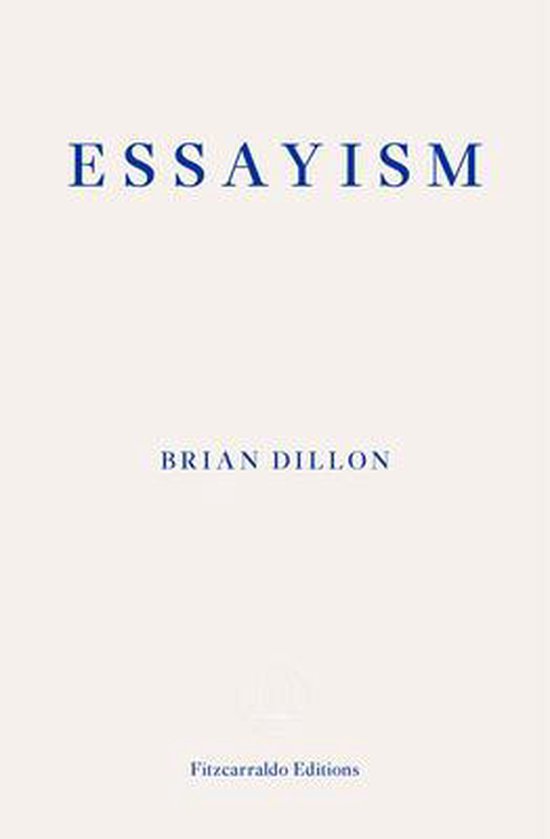
There are many passages in the works of the great essayists, and perhaps also the less-than-great, that will sanction a failure or refusal to cohere. Here is the poet Willam Carlos Williams, in the essay that yielded an epigraph for this book:
Each essay rings the changes of its range, the breadth, the penetration moving inward about the fashionable brick of all styles, unity. Unity is the shallowest, the cheapest deception of all composition. In nothing is the banality of the intelligence more clearly manifested. There is no less significant matter for the attention. Every piece of writing, it matters not what it is, has unity. Inexpert or bad writing most terribly so. But ability in an essay is multiplicity, infinite fracture, the intercrossing of opposed forces establishing any number of opposed centres of stillness.

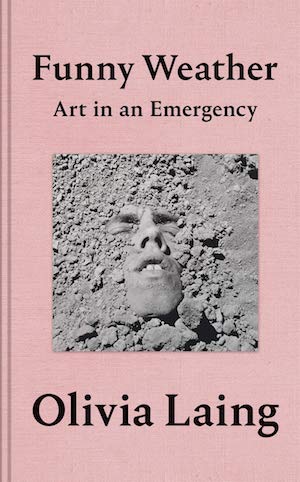
We’re so often told that art can’t really change anything. But I think it can. It shapes our ethical landscapes; it opens us to the interior lives of others. It is a training ground for possibility. It makes plain inequalities, and it offers other ways of living. Don’t you want it, to be impregnate with all that light? And what will happen if you are?
Olivia Laing (2020). Funny Weather, Art in an Emergency. Picador. Page: 8
Leaving pen and paper around, taking a breath, taking a step.

See other works from the officialese series here
Exhibition | Sergi
2022 If It Is A Garden That Has Become A Wilderness, School of Commons, Zürich